When Vivian Nwakah told her family and friends that she was relocating to Nigeria from the United States, they tried to dissuade her. Yet, she persisted. A Nigerian-American born and raised in Chicago, USA, she had never visited her fatherland before the move in 2013. Nwakah co-founded Medsaf, an online pharmaceutical marketplace, with Temitope Awosika, a pharmacist, to combat the proliferation of fake and substandard drugs in Nigeria and across Africa. She was drawn to solving issues in the healthcare system after her friend died from taking a fake malaria drug. In this interview with TheCable’s WASILAT AZEEZ , Nwakah speaks on how she built her company from scratch, her aspirations and travails of the Nigerian technology space.
TheCable: Why did you start Medsaf?
Nwakah: I launched Medsaf in 2017 to address the fake and substandard medication issues across emerging markets.
TheCable: What motivated you to do that?
Advertisement
Nwakah: A friend of mine died from taking a fake malaria pill. This made me realise that medication distribution is a complicated issue across emerging markets, and I wanted to use technology and data to create a solution.
TheCable: Would you like to share more about the friend you lost?
Nwakah: He was prescribed a malaria medication and they said that it caused problems. I know that he was transported to different hospitals. He ended up dying in the back of the car. It was extremely shocking for me that he had a simple issue which was malaria but ended up dying. Where I come from, that is not something anyone would die for. That incident opened my eyes to issues in healthcare. It made me do some research on what was happening in healthcare and how I could potentially help.
Advertisement
TheCable: Tell us about your background and childhood.
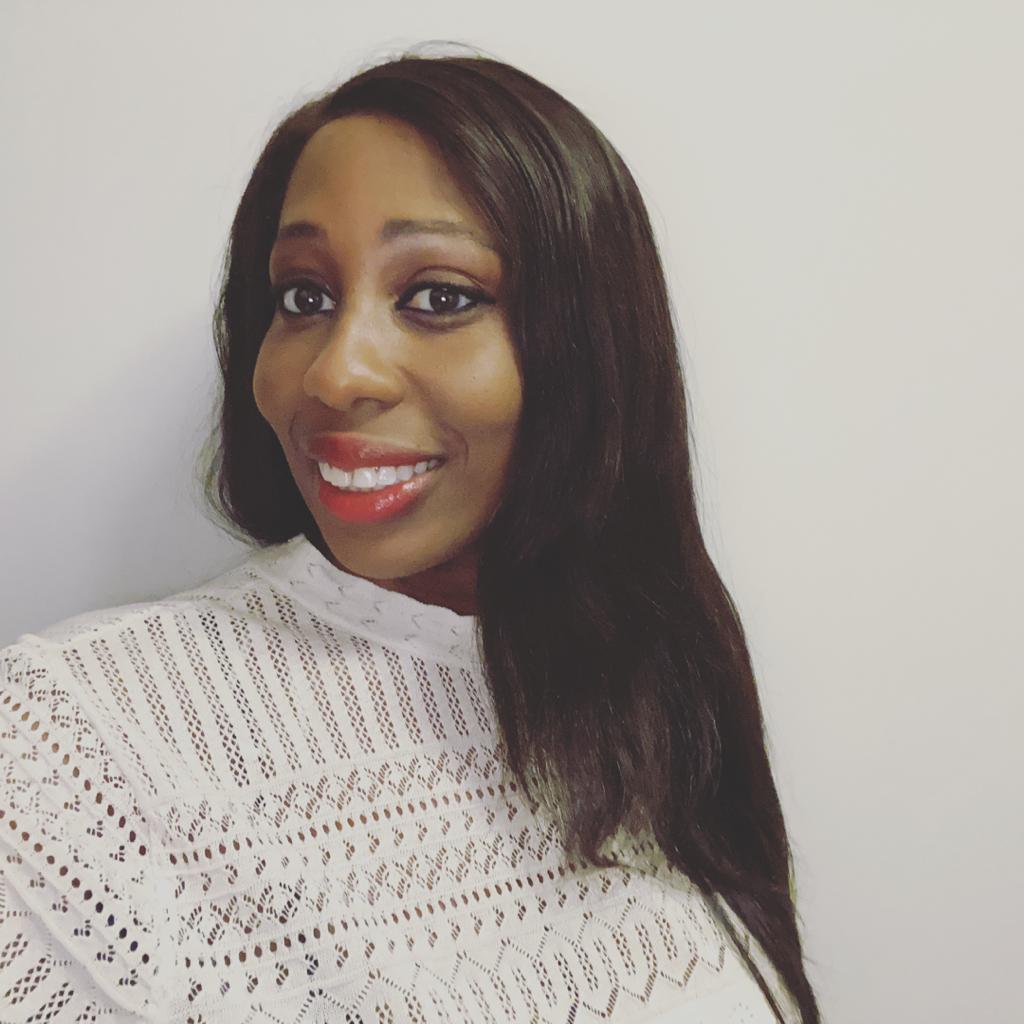
Nwakah: I was born and raised in the US. I lived in England for seven years while I was a kid. I went to University of Illinois at Urbana-Champaign where I studied Psychology, Sociology, and African American Studies. After school, I worked in the mortgage industry. After the financial industry crash, I wanted to figure out how to improve my skills. So, I pushed myself to learn about entrepreneurship. I ran a political campaign and I also helped to start home health care agencies in Illinois and Indiana.
TheCable: How has your experiences in the US impacted your operations in Nigeria?
Advertisement
Nwakah: I have been lucky enough to work within organisations that are successful in US history. I was able to observe their structure and processes, as well as the right way to sell products and services. In the US, I had access to some of the best health care options in the world. When I came to Nigeria, I realised that the healthcare industry needed a lot of support. Having a unique view on how to work within organisations and build the right processes around a business has been very helpful for me in Nigeria.
TheCable: In building a company in Nigeria, how did you navigate the various regulatory agencies in the country?
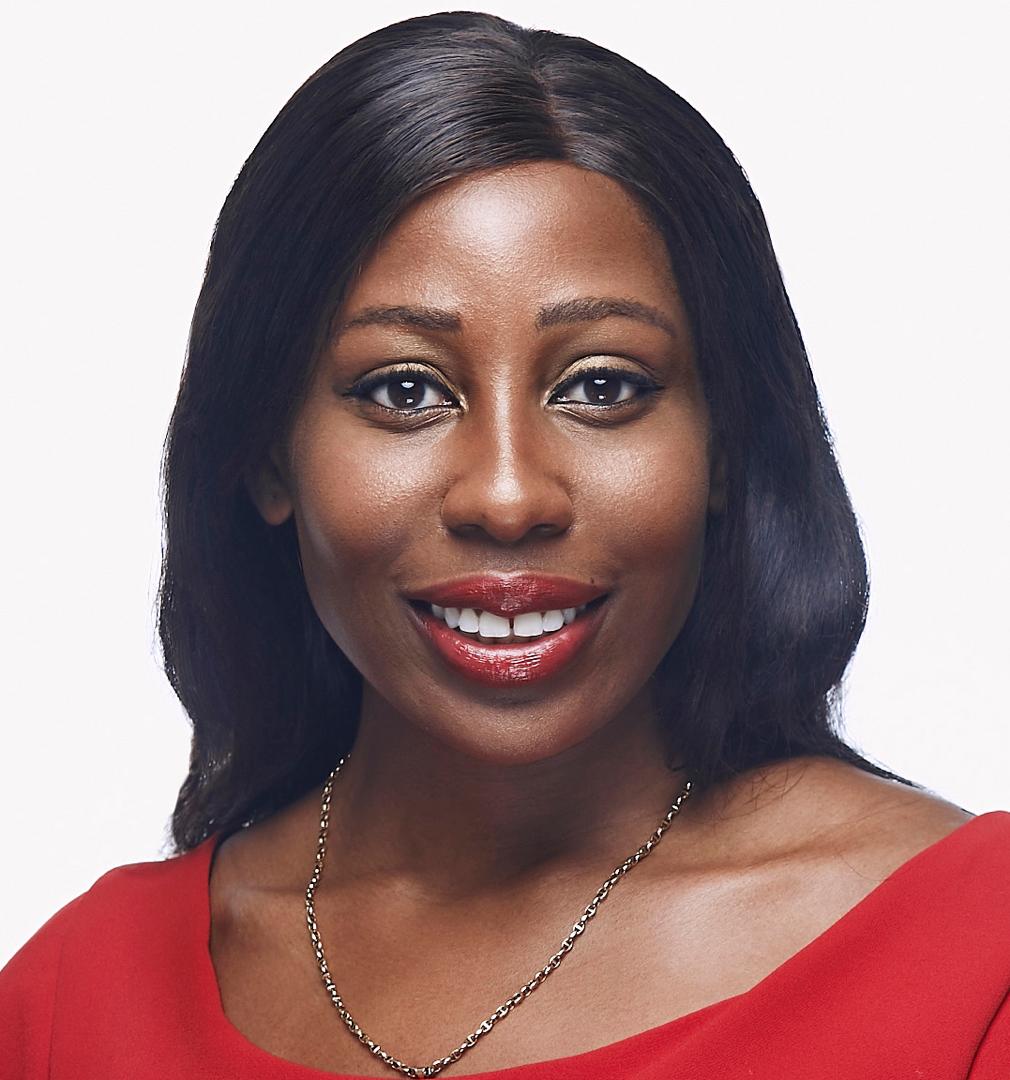
Nwakah: The federal government has only been supportive of Medsaf to date. But, I think that the registration and processes take a long time. Having people who can help limit the registration timeframe and building the right relationship to get through the regulatory processes has been helpful for me.
Advertisement
TheCable: How did you secure funding to start your company?
Nwakah: We have raised $1.6 million dollars to date. I reached out to experienced angel investors and venture capital to secure funding.
Advertisement
TheCable: How does the online platform work?
Nwakah: We have created a platform where hospitals and pharmacies can purchase and manage their medication needs. We give them access to best quality services, in terms of logistics and quality control.
Advertisement
TheCable: Can individuals also access the platform?
Nwakah: No. It is a B2B service for hospitals and pharmacies only. We would have to work with an hospital on a prescription before we would be able to sell directly to patients. It is important to always involve our hospital partner for any type of medication distribution.
Advertisement
TheCable: Why should a hospital decide to go through Medsaf to purchase medications? What is that unique thing that sets the company apart from others?
Nwakah: We have tailored our entire operations around customer service elements. We take the hardest problems off their shoulders and provide them with services that improve their business. We give them credit terms so they can have working capital relief. We perform quality control as a service within our company even though no one is asking us to do that. We vet our suppliers and make sure that we have the highest quality available. We are going above and beyond to make sure that we have access to most of the needed medications at any given time. We are constantly improving that process to make sure we get better for the customers.
TheCable: Your thoughts on the Nigerian health tech system.
Nwakah: It is very new. A lot of investment and resources need to go into the space before it evolves in a way that will significantly impact the country.
TheCable: What are the challenges you have faced so far?
Nwakah: We are dealing with a complicated problem regarding supply chain medication. Finding the right people with the drive to help overcome this problem has been the biggest challenge ever. I believe that I have an ethic — I work the hardest. I do one thing at a time and I focus on that until it is successful. I have experiences to envision what the future is supposed to look like. It is hard to find people who have the same vision and the same work ethic. Because life is so hard in Nigeria, a lot of people live day to day instead of to the future. This has contributed to the problem of finding the right people.
Currency devaluation is a problem, as well as the changing directives of the Central Bank of Nigeria (CBN). Some of these things made it challenging for the company to make investors feel comfortable.
TheCable: Is there anything you wish you handled differently from the onset?
Nwakah: I would have the right people in place before I started the company.
TheCable: Being unable to find the right people, did you end up handling the operations of the company all by yourself?
Nwakah: I handled that by investing a lot of time and effort in the people who were willing to work. Some of our best employees are young, they don’t have that much experience but have really embraced learning how to overcome challenges and improving themselves. Currently, we have 28 employees.
TheCable: Do you plan to expand to other countries and how?
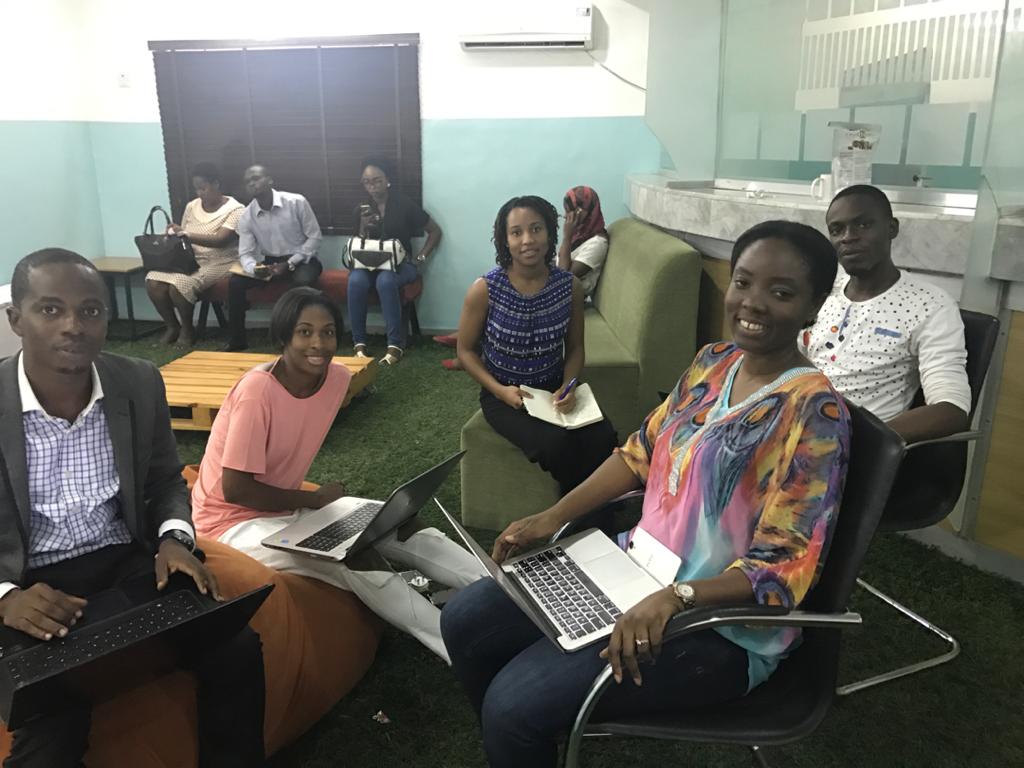
Nwakah: Presently, we are in 15 Nigerian states and we plan to expand to West and East Africa. Nigeria is one of the hardest and most important market in Africa. We are doubling down on improving our services in Nigeria so that when we go to other countries, it will be easier.
TheCable: You lead a very active life, how do you relax?
Nwakah: I believe that I am on a mission. To be honest, I believe that God has led me on this mission for Africa. I am very much focused on Medsaf. I have a lot of interests and I have done a lot of things in my life. I have backpacked around the world. I like to be by the water at the beach. I have a lot of interests that I wish I could do all of them in Nigeria. I like mountain skiing and kite surfing. One of my biggest goals in life is to build a family where we can travel the world and learn all of the world’s treasures.
TheCable: How do you handle being a woman in a male dominated tech world?
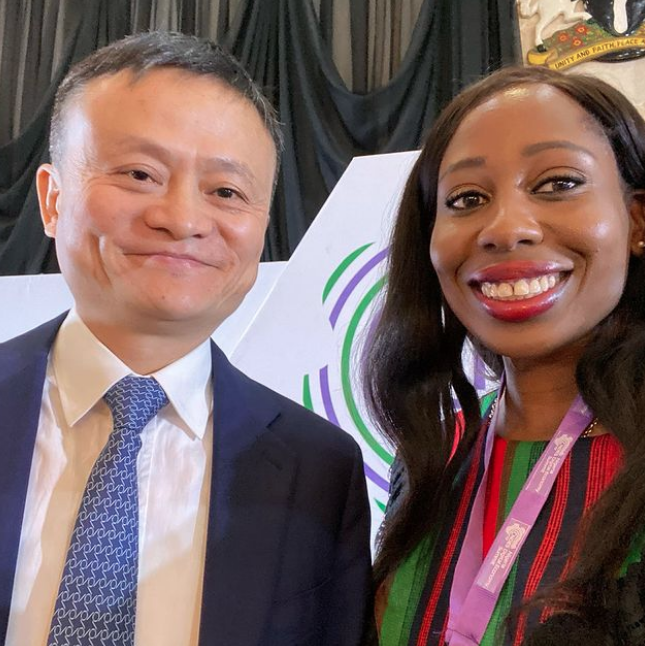
Nwakah: There are many powerful women and role models in the healthcare industry that encourage me to be true to myself. I would say that while dealing with investors for the greater Nigeria, I do feel that I spend a lot of time managing male ego. That is frustrating and draining at times. But, I’m very focused on what I’m doing, so that I don’t get taken off track.
TheCable: Who are the women that inspire you?
Nwakah: Dr Onyia of Paelon Memorial. Also, I would say Chimamanda Adichie. I met her in Chicago and she inspired me to be very true to my thoughts and my beliefs. Another person is Oby Ezekwesili. My Nigerian name is Obiageli. So, we have the same first name.
Another strong woman that I look up to is Dr Ngozi Okonjo-Iweala, the new World Trade Organisation (WTO) director general who is also the first Nigerian to occupy such an important office.
Of course, I have to say that Dr Dora Akunyili, the former National Agency for Food and Drug Administration and Control (NAFDAC) director, was the first inspiration for me regarding what I’m doing. She inspired me that there is a path to take on combating fake and sub-standard medications.
TheCable: At what point did you feel that the company has become a success?
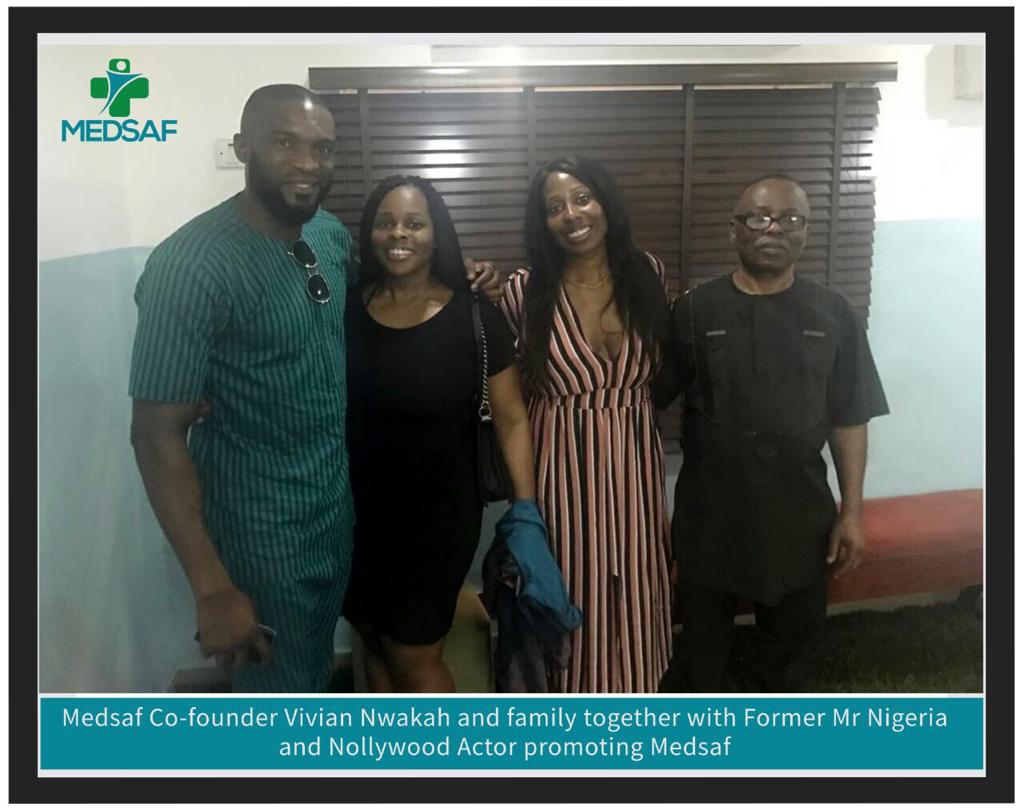
Nwakah: It was definitely during COVID-19 when hospitals we had never spoken to started to order from our online platform. People in Glasgow, from across the country started to reach out to Medsaf. COVID-19 showed that Medsaf was the right thing for the country.
TheCable: How has it been handling the operations of the company amid COVID-19?
Nwakah: We are already an online company. As a digital company, all of our processes and orders are online. We were ready for COVID-19 because we have been selling vaccines and gloves since the beginning. So, everything that was needed for COVID-19 was available.
TheCable: In a way, Medsaf is the future?
Nwakah: I definitely feel that I see the future often. I’m constantly looking to the future when I do things.
TheCable: Did you ever feel like quitting due to the challenges you encountered?
Nwakah: No. I believe that quality medication is the fundamental human rights. The challenges that we faced when we started the company showed me that somebody needs to fix these issues and that I am being called to fix it.
TheCable: What personal sacrifices have you made towards developing the company?
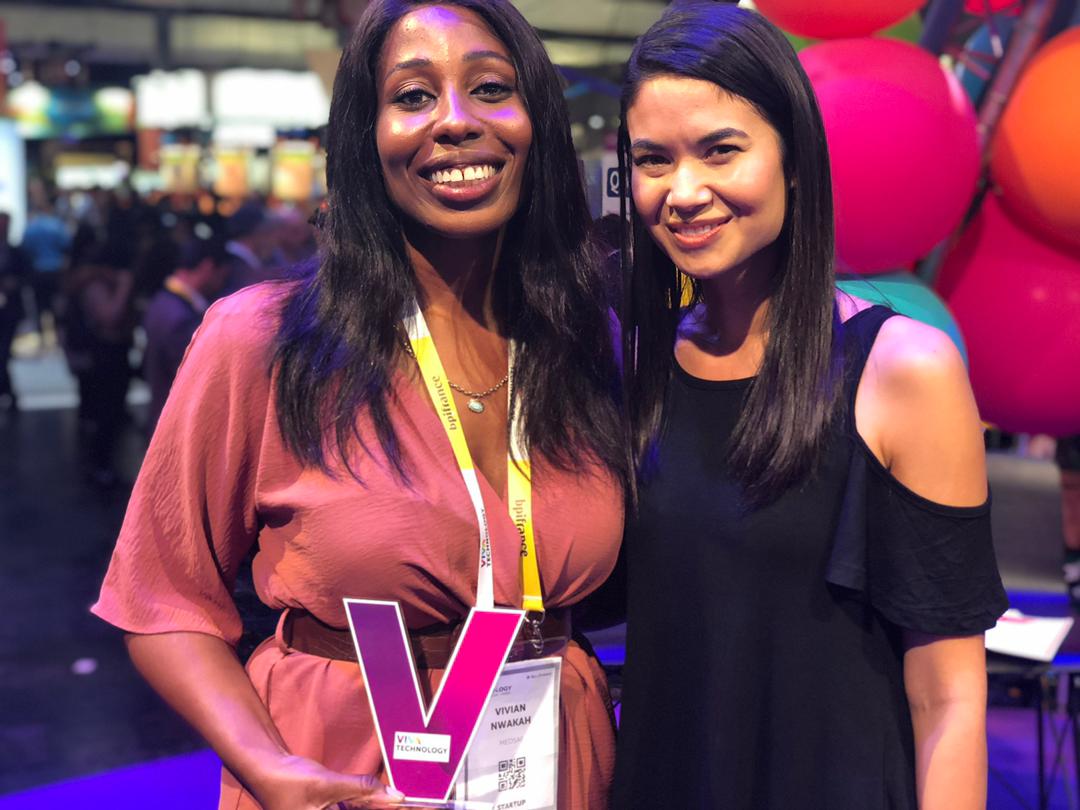
Nwakah: My goal was to get married, have kids, and start a family. Definitely, one of the biggest sacrifices was knowing that I had put that on hold while I build Medsaf. Also, my family live in the United States. So, I knew that I had to stay long periods without my actual real family as well.
TheCable: What would you like the government to do to improve the health tech industry?
Nwakah: More public-private partnerships, creating stability with government policies, as well as fairness and transparency in the process.
TheCable: What is your goal for Medsaf?
Nwakah: I want Medsaf to be the global verification for medications round the world. In five years, I hope that Medsaf would be operational across Africa.
TheCable: How do you give back to the society?
Nwakah: Medsaf is my ultimate purpose of giving back to Nigerian society by raising the bar on medications in the country. I want to make sure that when people purchase those medications or put them in their mouth, they discover that the meds are higher quality than they would have gotten before. That is my goal for Nigeria. From an African perspective, I feel that I’m part of the group raising the standards and changing the negative narrative about the continent to a positive one.
TheCable: Was it difficult to secure funding from investors due to this negative narrative?
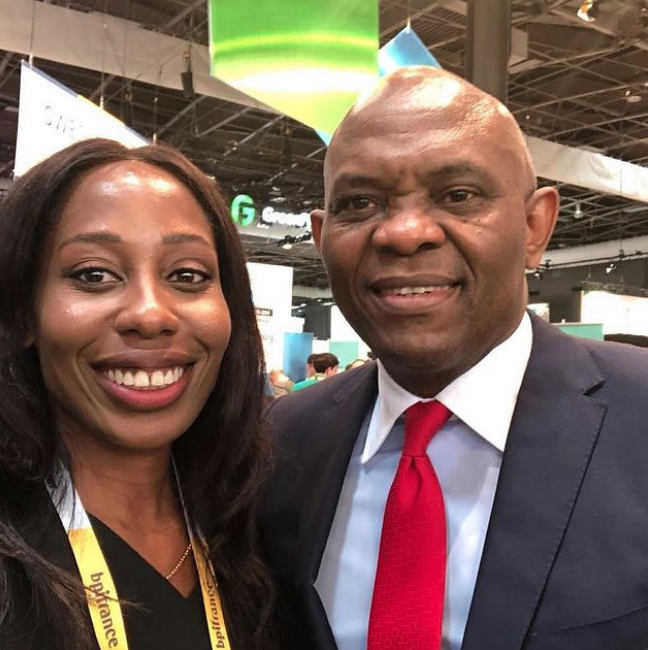
Nwakah: Truly, it was a big challenge. I committed to overcoming that challenge to help change the narrative around Nigeria and Africa as a whole.
TheCable: Do you think women are underrepresented in the tech industry?
Nwakah: Yes. That is partly because of the differences between women and men. For example, I started looking into Medsaf in 2014, but I started it in 2017. That is because I spent those years doubting my capability. However, I think men do not focus on these issues. I feel that women need to focus on their own internal validation so they can take risks that are based on what they feel. Women are naturally more risk averse. It is important to analyse if you are overdoing it.
TheCable: What advice would you give to young women who want to become entrepreneurs or dare to be innovative?
Nwakah: You must trust your own morals and values to guide what you should or should not be doing. You should not let pressures from family and outsiders change who you are inside. Once you align with your purpose in life, you will feel very powerful and find your path. If you rely on what other people think or feel about you, you will never achieve your goals.
1 comments
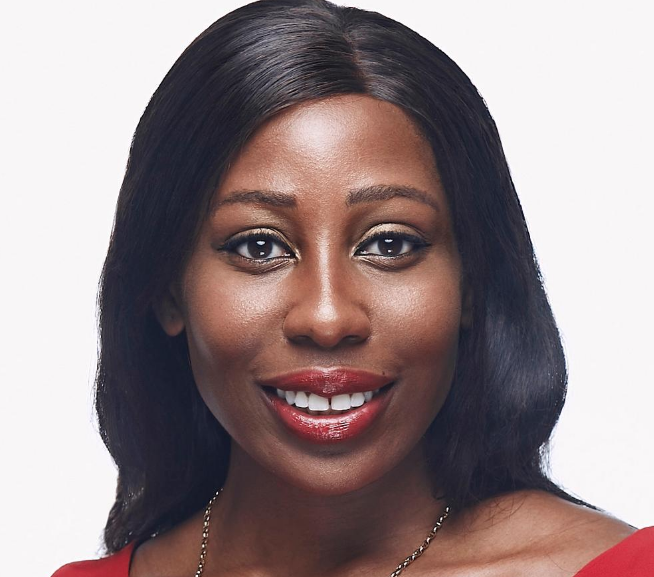

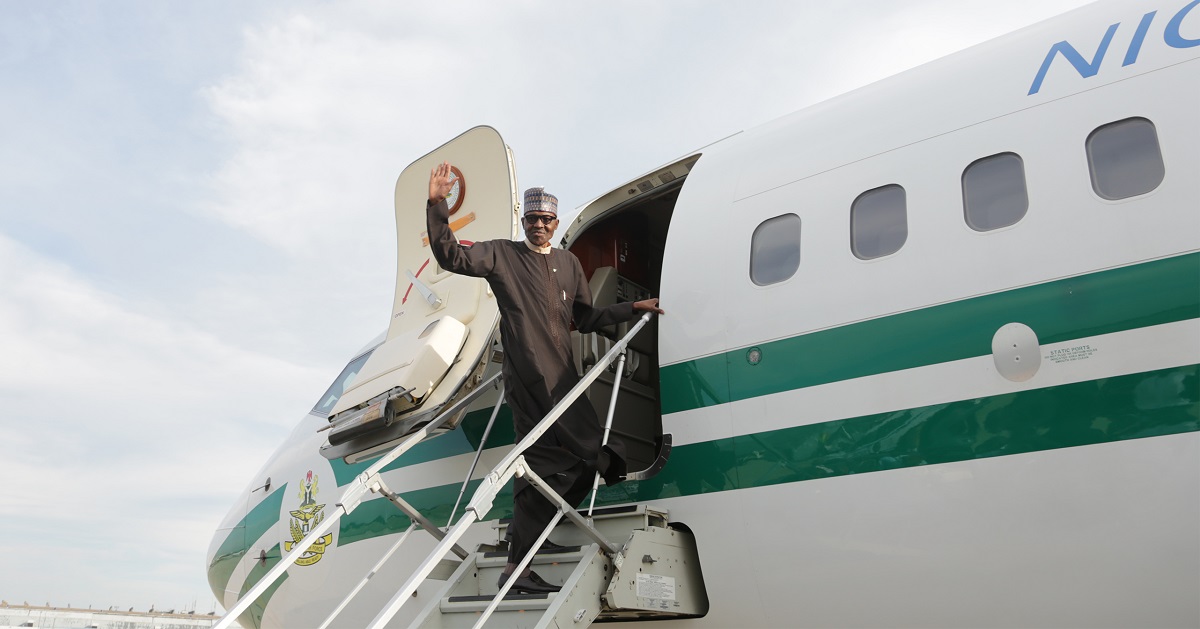
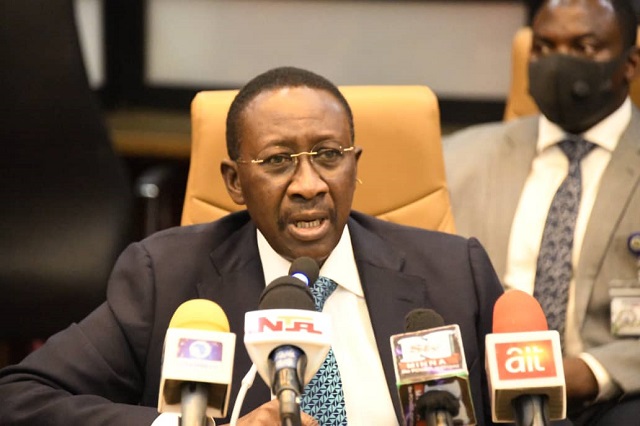
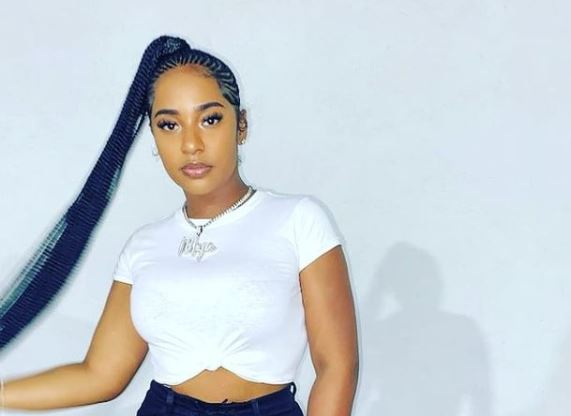
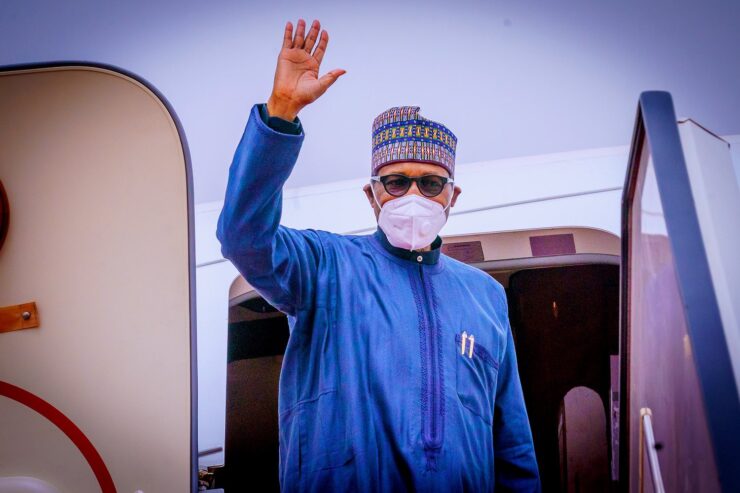

Very Impressive!! God bless Nwakah.